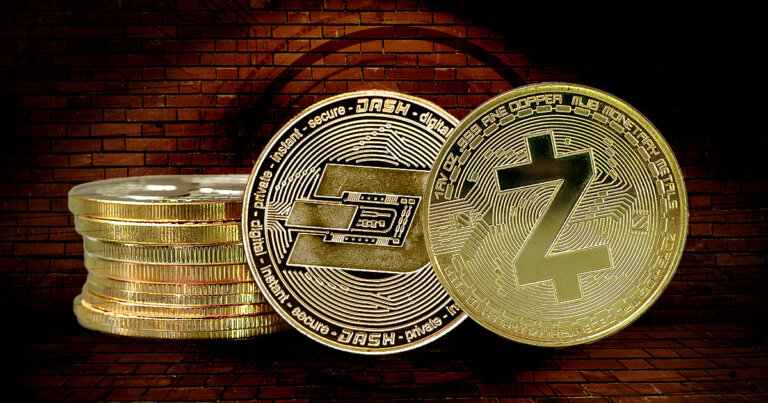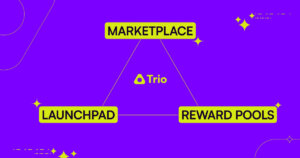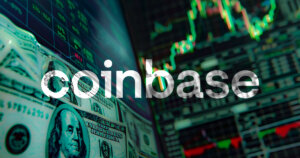 Privacy coin projects denounce Binance delisting
Privacy coin projects denounce Binance delisting Privacy coin projects denounce Binance delisting
Several privacy coin projects have decried Binance's decision to delist their tokens, with some objecting to the "privacy coin" label altogether.

Cover art/illustration via CryptoSlate. Image includes combined content which may include AI-generated content.
Three privacy coin projects — Secret (SCRT), Zcash (ZEC), and Dash (DASH) — have denounced Binance’s intention to delist their tokens from its platform, according to June 1 statements shared with CryptoSlate.
On May 31, a Binance spokesperson told CryptoSlate that it would delist certain privacy coins, including Secret, Zcash, and DASH, for users in unnamed jurisdictions starting June 26. The exchange said its decision complied with local laws and regulations regarding trading these coins.
Dash rejects label as privacy coin
In its statement to CryptoSlate, a Dash representative decried its network’s “persistent labeling” as a privacy-focused coin, insisting it is simply a “literal fork of Bitcoin.” They added that all Dash transactions are completely transparent and auditable on its blockchain.
“All inputs, outputs, addresses, and amounts are recorded on each and every transaction and viewable — by anyone — on its public blockchain.”
According to Dash, Bitcoin has more privacy features, while its network only has an optional non-custodial Coinjoin in two wallets, making up 0.4% of its transactions. Coinjoin is an optional tool used to enhance privacy in transactions.
The protocol added that it would attempt to work with Binance to relist the token and further educate the exchange compliance team on the facts.
SCRT Labs says Secret is not a privacy coin
SCRT Labs CEO Guy Zyskind told CryptoSlate, “Secret is not a privacy coin.” Zyskind continued that transactions on the network are public, adding that the data within its smart contract are confidential.
“In fact, Secret is much more appropriate for GDPR-type applications in the blockchain setting.”
Meanwhile, Zyskind noted that privacy would play an active role in Web3 gaining traction in mainstream markets, despite the “extreme scrutiny” these networks face. According to him, the network remains optimistic that more people will realize the importance of these projects.
SCRT Labs is the founding core development team behind Secret Network. The team added that it has reached out to Binance to clarify the misunderstandings surrounding the labeling of its token.
Electric Coin says Binance’s decision poses an imminent risk to individual privacy
In a May 31 Twitter thread, Electric Coin Co., a company leading the development of Zcash, said Binance’s decision to delist its token “poses a direct and imminent threat to the privacy and security of individuals, families, businesses, communities, and entire nations.”
Electric Coin Co. said it suspected Binance was delisting Zcash because of the regulatory pressure from the European Union and the formal signing of the Markets in Crypto Assets (MiCA) regulation. According to the crypto firm, MiCA’s language is vague and applies to several companies, decentralized organizations, cryptocurrencies, and applications.
It added:
“To our knowledge, Zcash complies with all other laws and regulations in the EU — including the so-called Travel Rule and the Fifth Anti-Money Laundering Directive.”
Despite Binance’s decision, the price of privacy-focused cryptocurrencies has remained relatively unaffected — tokens in the sector have increased by 0.54% in the last 24 hours, according to CryptoSlate data.




 Farside Investors
Farside Investors 





























































































